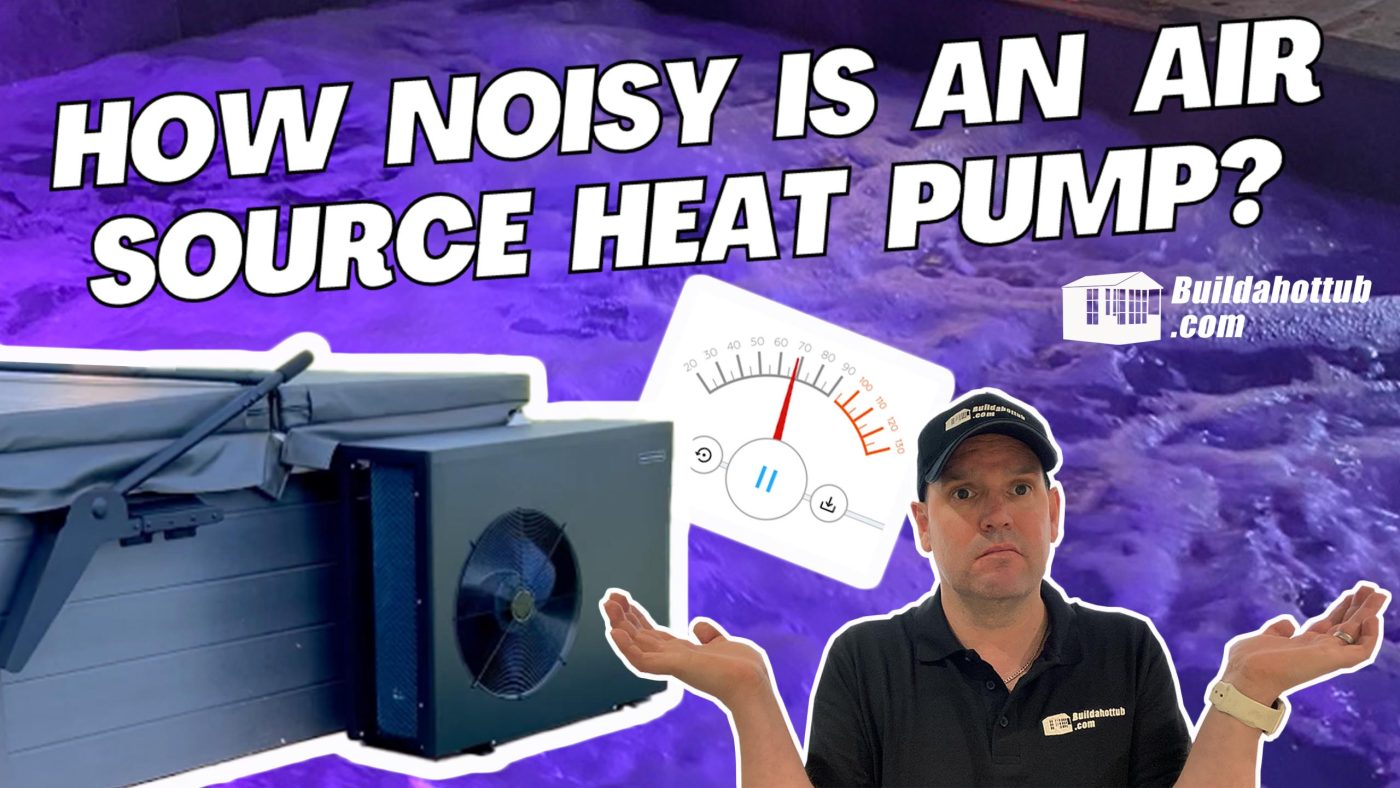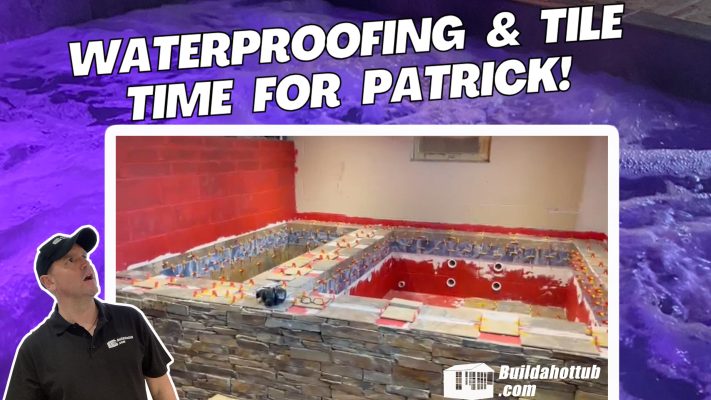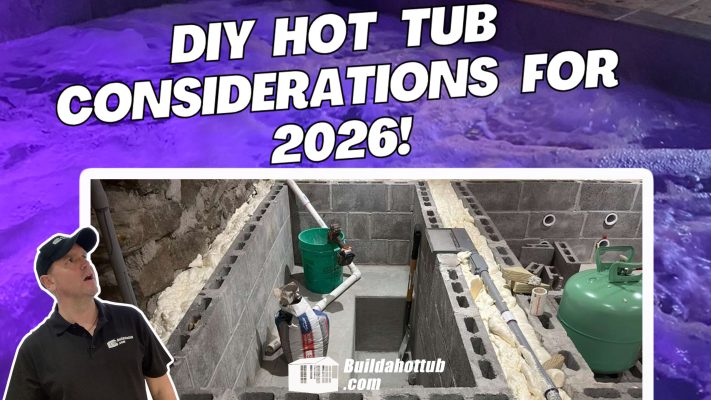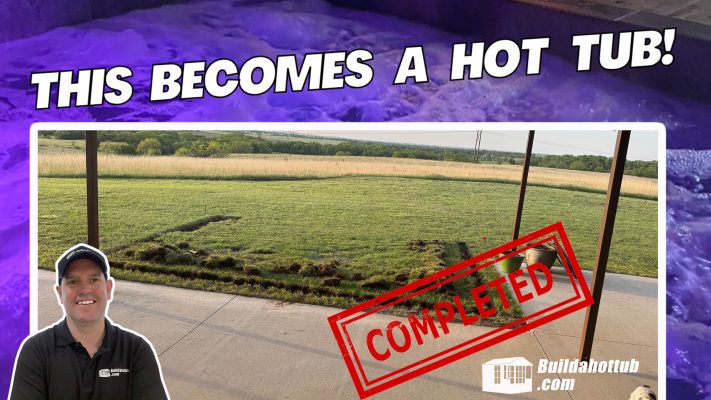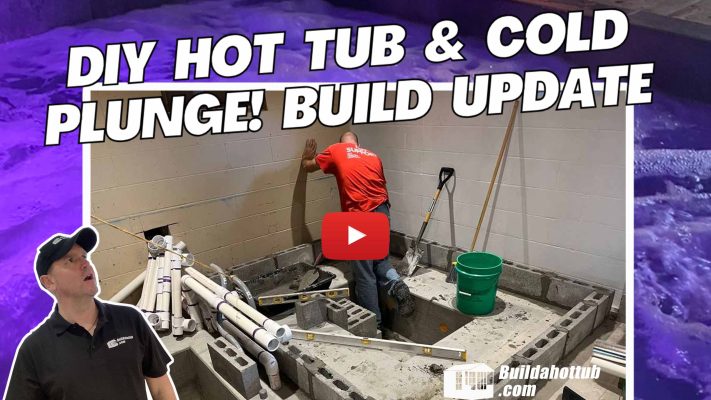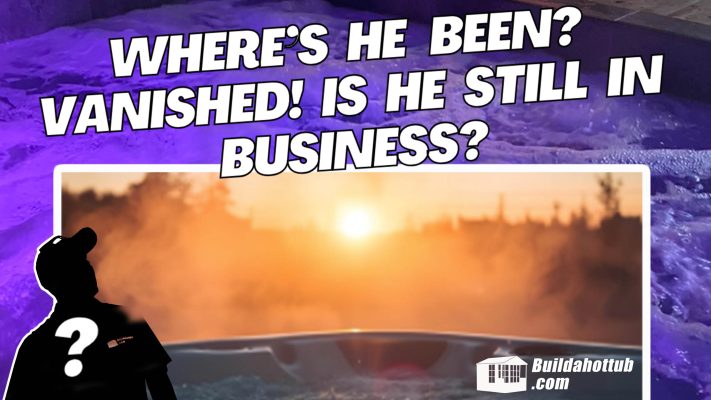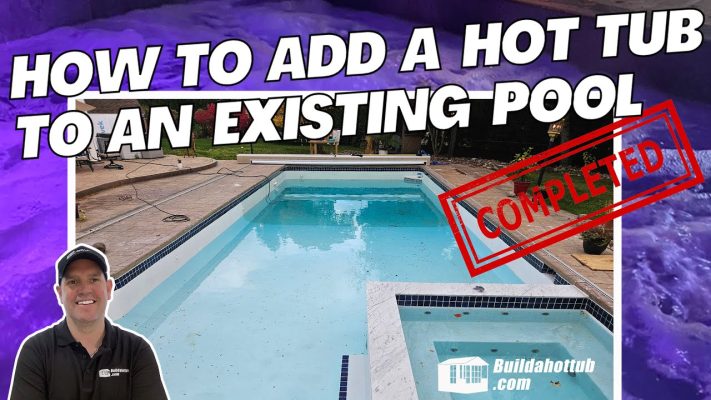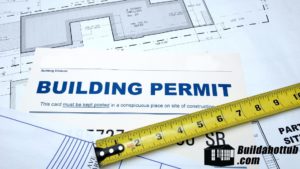In my latest video, which you can find below, I take a look at how noisy an Air Source Heat Pump really is. There’s a lot of conflicting information out there about this, so I wanted to set the record straight.
According to the Energy Saving Trust, air source heat pumps are generally considered to be quieter than traditional heating systems. In fact, they typically produce around 40-45 decibels of sound, which is about the same level as a refrigerator. However, it’s important to note that the noise level can vary depending on the specific model of heat pump, as well as how it’s installed. So, is this the case with my own ASHP?
In the video, I measure the noise level of a popular air source heat pump model (Comfortline which I have on my own tub) at different outputs and temperatures. I also discuss some of the factors that can affect the noise level of an air source heat pump, such as the location of the outdoor unit and the type of property.
You can also find me on my socials;
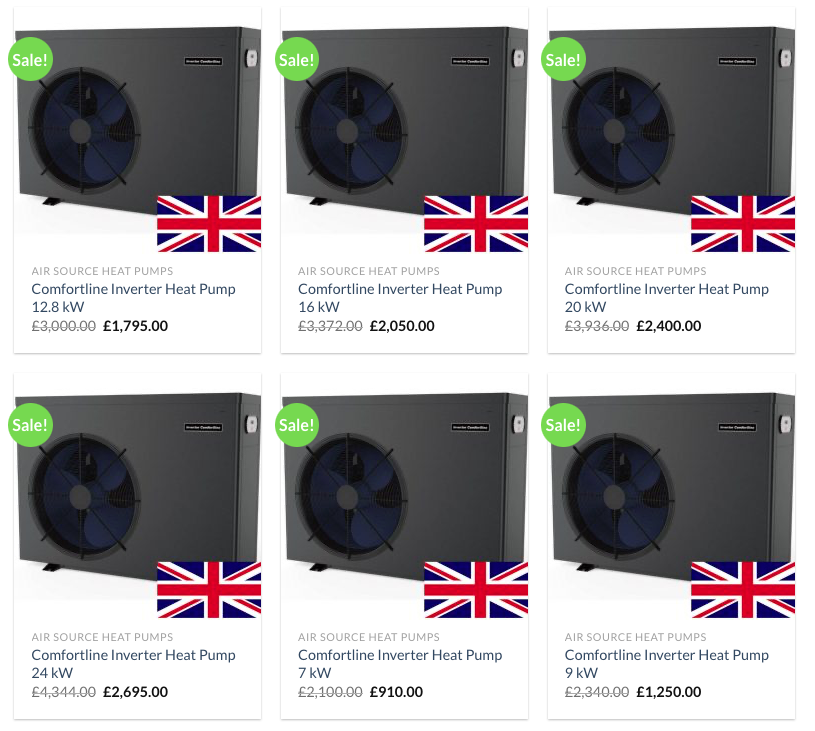
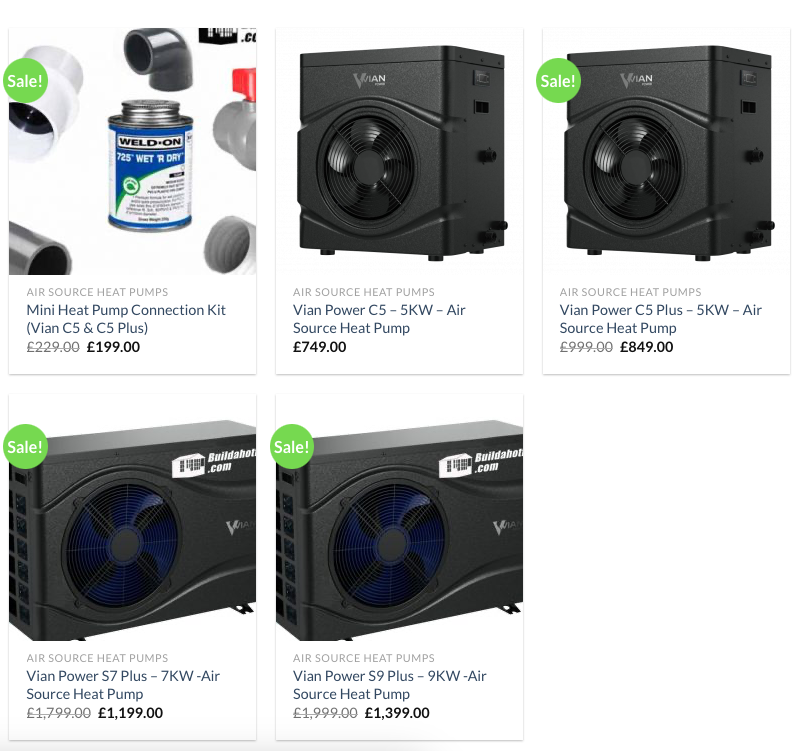
For almost two years now, I’ve been using an air source heat pump to keep my hot tub nice and toasty, and let me tell you, it’s been a game-changer. It heats the water up super fast, and I’ve definitely seen a difference in my utility bills – for the better! But recently, a customer asked a question that got me thinking: how noisy are these things, really?
Honestly, it wasn’t something I’d considered before. So, I decided to dig in and create a video to give you all a better idea of what to expect.
Air Source Heat Pumps: Whisper Quiet or Buzzkill?
First things first: air source heat pumps aren’t silent. They generate some noise, and where you install it can make a big difference. You wouldn’t want it blasting away right under your bedroom window, you know?
To give you a reference point, the noise level is similar to a split system air conditioner. In my experience, the AC actually seems a tad louder.
The Science of Sound: Perception vs. Reality
Now, here’s the thing – how loud something seems is subjective. What one person finds bothersome, another might barely notice. To get a more objective picture, I decided to get technical and break out the trusty decibel meter.
The main culprit for the noise is the compressor, which works by pulling heat from the air and transferring it to the water in your hot tub. My heat pump is an inverted model, which means it can adjust its speed. This is great for saving energy, but I was curious – does the speed affect how loud it gets?.
To find out, I took readings at different points while the unit heated the water. The measurements ranged from 63 decibels all the way up to 71 decibels, with the highest reading unsurprisingly taken right next to the unit itself.
The Verdict: Noise Levels and Smart Installation
So, after crunching the numbers, it seems my air source heat pump typically falls within the 60 to 70 decibel range. Now, that doesn’t strike me as super loud, but remember, strategic installation is key to minimizing potential disturbance.
If you’re thinking about getting an air source heat pump, this video should give you a better idea of what to expect noise-wise.
By keeping these factors in mind and following my tips, you can enjoy the benefits of an air source heat pump without sacrificing peace and quiet.
For even more info on air source heat pumps, including the model I used in this video, check out the Buildahottub YouTube channel!
Can I Help You?
If I can help you in any way I would love to hear from you. You can get in touch using the form below.
Thanks - Andi
 Hi, Andi here. I own Buildahottub.com and also write all of the articles and info pages on the site. Some years back now, I built my own hot tub but struggled to find the information I needed. So, once my tub was complete, I started this website to help others in their own pursuit of hot tub and plunge pools DIY building information.
Hi, Andi here. I own Buildahottub.com and also write all of the articles and info pages on the site. Some years back now, I built my own hot tub but struggled to find the information I needed. So, once my tub was complete, I started this website to help others in their own pursuit of hot tub and plunge pools DIY building information.
Fast forward to 2025, I've helped over 1400+ DIY customers just like you all over the world build hot tubs and pools. Have a good look around the site, there are lots of resources here. Please do get in touch if I can help you. - Cheers, Andi

